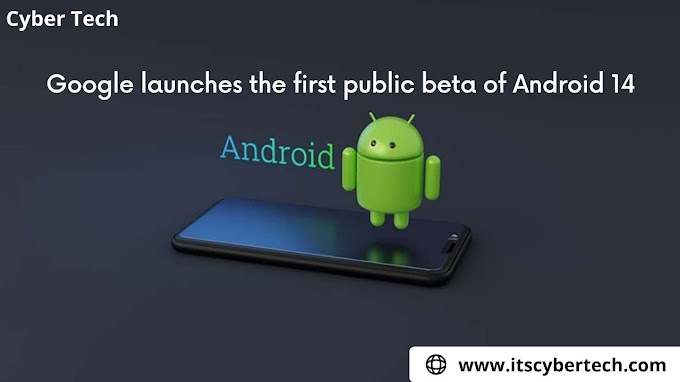Since its very inception, Python has become the heartthrob of IT professionals as well as geeks all around the world. The seamless codes and quick execution makes it a perfect choice for every coding project today. Today, a lot of platforms have started teaching Python. While YouTub and a lot of courses are offering us lessons, books still remain an indispensable source of understanding the fundamentals for beginners. In this blog, Cybertech will be telling you about ten terrific Python programming books for beginners. So, hang tight and read till the end.
Natural Language Processing with Python: Analyzing Text with the Natural Language Toolkit; Written by Steven Bird
It is a great resource for individuals who want to learn how to analyze text with Python using the Natural Language Toolkit (NLTK). The book covers a range of topics, including text classification, sentiment analysis, and information extraction, and provides practical examples to help readers understand how to use Python for natural language processing tasks.
Authored by the prodigal coder Eric Matthes, this intriguing read brings to you the best of a
Python Crash Course by Eric Matthes
"Python Crash Course" by Eric Matthes is an excellent resource for beginners. The book is divided into two parts, with the first part covering the fundamentals such as data types, functions, classes, control structures, and modules. In the second part of the book, readers will learn how to build their own projects using the concepts they have learned in the first part. The projects include a simple game, a data visualization app, and a web application.
Read More: How To Get A Job In Python As A Fresher
Python for Data Analysis: Data Wrangling with Pandas, NumPy, and IPython by Wes Mckinney
This is a comprehensive guide for handling, processing, cleaning, and analyzing datasets in Python using Pandas, NumPy, and IPython. The book also includes real-world case studies that demonstrate how to solve common data analysis problems.
Jake Vanderplas’s Python Data Science Handbook
The "Python Data Science Handbook" is an essential guide for working with data in Python. In the first few flips, you will also get to know why Python is so popular. On the whole, the book covers the most popular data science libraries in Python, including Pandas, NumPy, Matplotlib, and IPython, and provides in-depth knowledge about how to use them for data analysis.
Python Pocket Reference: Python in Your Pocket; Authored by Mark Lutz
The "Python Pocket Reference" by Mark Lutz is a concise and handy resource for Python developers who need quick access to important information on the job. The book covers a range of topics, from special methods and built-in functions to exceptions and standard library modules.
Python Machin Learning: Machine Learning and Deep Learning with Python, sci-kit-learn, and TensorFlow by Sebastian Raschka and Vahid Mirjalili
The "Python Machine Learning" by Sebastian Raschka and Vahid Mirjalili is a comprehensive guide to machine learning and deep learning in Python using popular libraries such as sci-kit-learn and TensorFlow. The book covers a range of topics, from data preprocessing and feature engineering to model selection and evaluation, and provides practical examples to help readers understand the concepts.
Read More: 8 Reasons Why Python Is Becoming More Popular Than Java And C
Python Cookbook; Written by David Beazley
Python Cookbook is a great resource for Python programmers who want to improve their skills and learn how to use modern tools for Python development. The book includes practical recipes for a wide range of topics, from basic data structures to web development and machine learning.
Python Programming: An Introduction to Computer Science; Authored by John M Zelle
The "Python Programming: An Introduction to Computer Science" by John M Zelle is a comprehensive guide intended for use in a classroom setting. The book covers the fundamentals of computer science and programming using Python and provides a solid foundation for further study in the field. The third edition includes updates to reflect the latest developments in Python and computer science.
Shaw Zed A’s Learn Python the Hard Way
"Learn Python the Hard Way" is a unique approach to learning Python through practical exercises. The book includes 52 exercises that challenge you to fix errors and design effective programs, providing a hands-on approach to learning Python.
Python Programming for Beginners by Philip Robbins
It is a great resource for individuals who are new to Python and find its complex code intimidating. The book breaks down complicated Python concepts into manageable chunks and provides practical examples to help beginners understand and apply the concepts.




